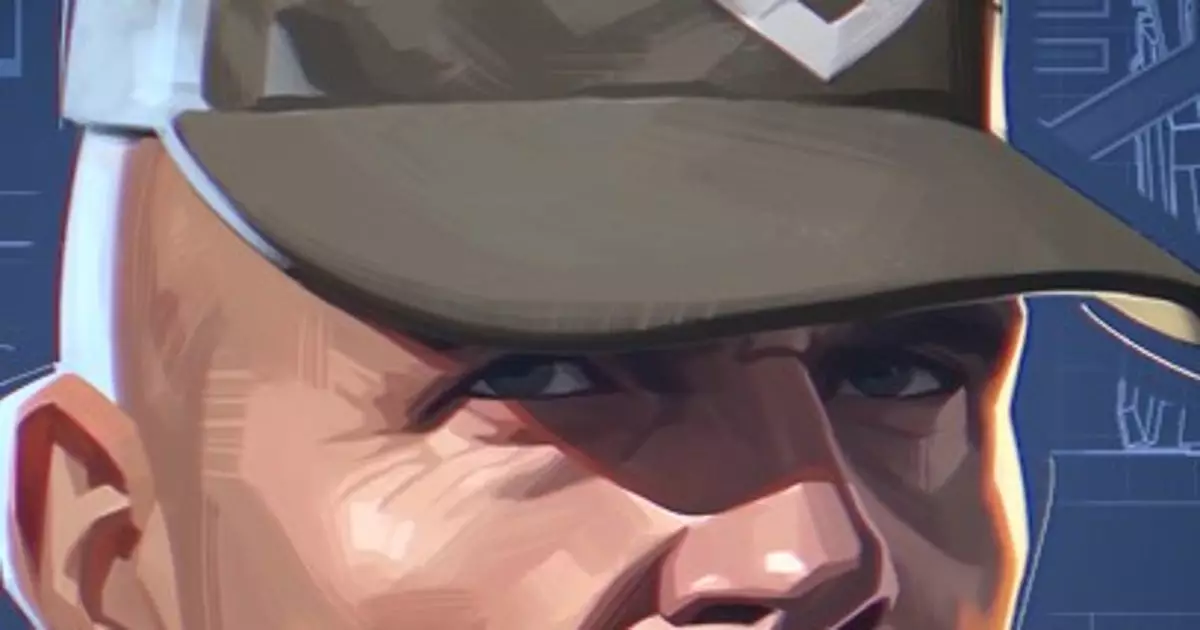The world of video games is ever-changing, evolving with technological advancements and shifting player expectations. As someone who grew up immersed in earlier gaming generations, the modern concept of “game seasons” can feel overwhelming—almost alien. In this article, we delve into the essence of game seasons, the emotional response they evoke from gamers of different eras, and the impact on gameplay experience, particularly within the context of a game like Mechabellum.
In earlier gaming days, the joy derived from a game often lay in its singular, standalone experience. Titles like The Suffering 2 were treasures to be explored and replayed multiple times, offering unique pathways and endings based on player choices. Many gamers recall the thrill of diving back into a narrative, hoping to uncover every secret and nuance. This was before the concept of live-service games took over, a model where continuous updates and seasonal changes are the norm. For a young player reveling in the richness of a game, the idea of seasonal content would likely have been dismissed as a distraction from the art of gaming mastery.
Younger generations, however, find comfort and excitement in ever-evolving gaming landscapes. With titles that employ a seasonal strategy, there’s always something fresh on the horizon. The quick adoption of this model among games like Fortnite highlights a stark generational divide. Where some see the nostalgia of memory cards and single-player experiences, many younger players relish the notion of constantly evolving gameplay and content.
One significant advantage of the seasonal model is its ability to keep players engaged over long periods. Game developers have transformed the once solitary experience into an interactive community phenomenon. Players eagerly await updates, counting down the days until a new season drops like it’s a long-awaited movie release. When the latest season arrives for a game like Mechabellum, it’s accompanied by a whirlwind of anticipation: new units, specialists, and cosmetic enhancements create a buzz that permeates across platforms and communities.
For instance, the recent release of Season 2 in Mechabellum introduced exciting units like the Raiden, as well as revised gameplay mechanics that encourage strategic evolution. Each patch, like the one designated as 1.2, becomes an event, drawing players back into the fold for another round of competitive play. The community thrives on this engagement, adapting their strategies and formations in response to the new pieces presented to them.
Mechabellum exemplifies how strategic games benefit from seasonal updates. Its gameplay revolves around intense tactical decisions that can shift the tide of battle. The introduction of the Intensive Training Expert, a specialist that provides early-game advantages, adds a new layer to strategy. Players must embrace the urgency, balancing preparation with the need to respond to their opponents’ strategies.
In a world that often seems chaotic and overwhelming, the meticulous planning involved in a game like Mechabellum offers a gratifying experience. The destructive environment becomes a canvas for tactical brilliance, where anticipation and adaptation are vital for success. The multiplayer aspects facilitate camaraderie, giving players the chance to compete and cooperate, deepening the engagement with the game.
Although the transition from the linear, single-player experiences of yesteryear to today’s dynamic, ever-evolving worlds may seem daunting, there’s much to embrace. The excitement generated by the prospect of new content each season ignites a passion for discovery and tactical finesse. It reflects both a shift in design philosophy and player psychology, emphasizing the community’s collaborative energies.
For those long-time gamers who once immersed themselves in the stories provided by bygone eras, the constant pressure of newer generations to adapt can feel burdensome. Nonetheless, it offers a unique challenge: the opportunity to learn, grow, and perhaps redefine what brings joy from gaming. Why not join in the frenetic fun of strategizing for that perfect winning formation alongside generations of others?
As we engage with the intense worlds of modern games like Mechabellum, it’s essential to recognize how nostalgia can coexist with innovation. Game seasons may redefine the way we play, yet they also remind us that the love of gaming—regardless of its format—remains the heart of the experience.

